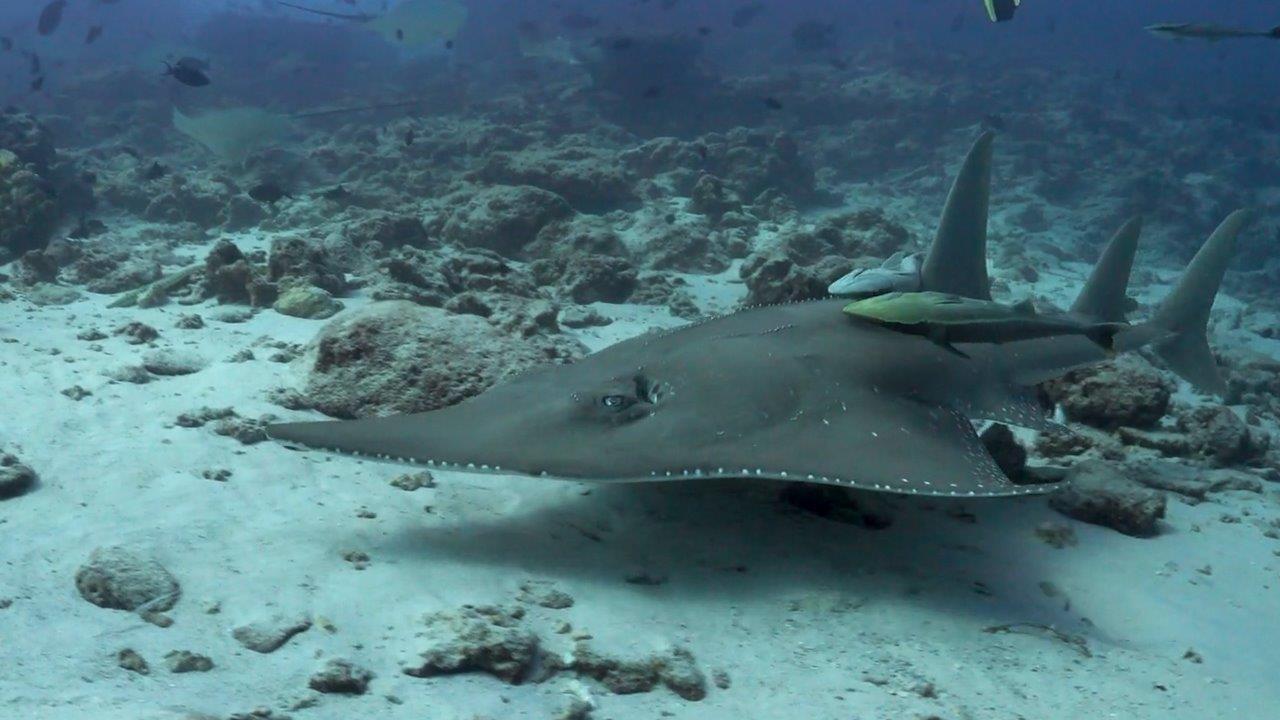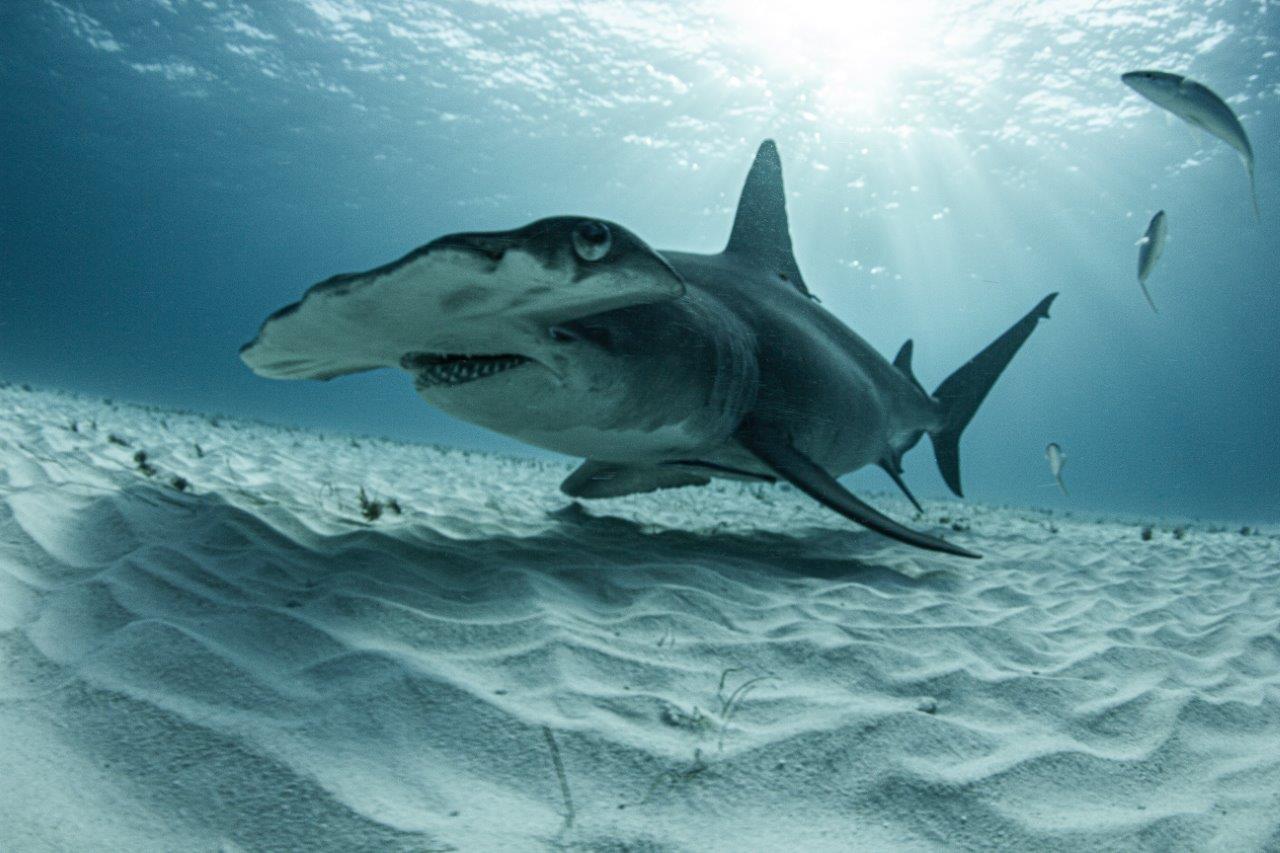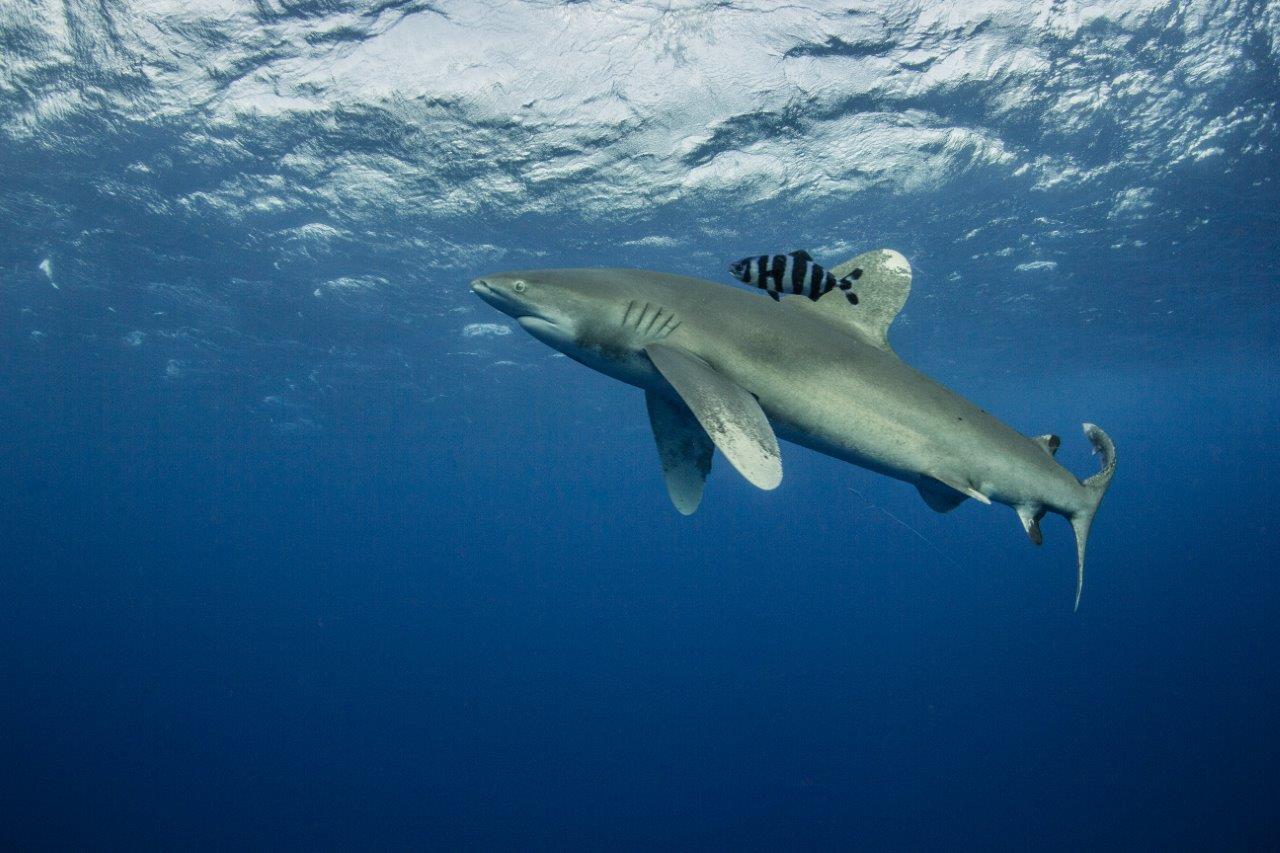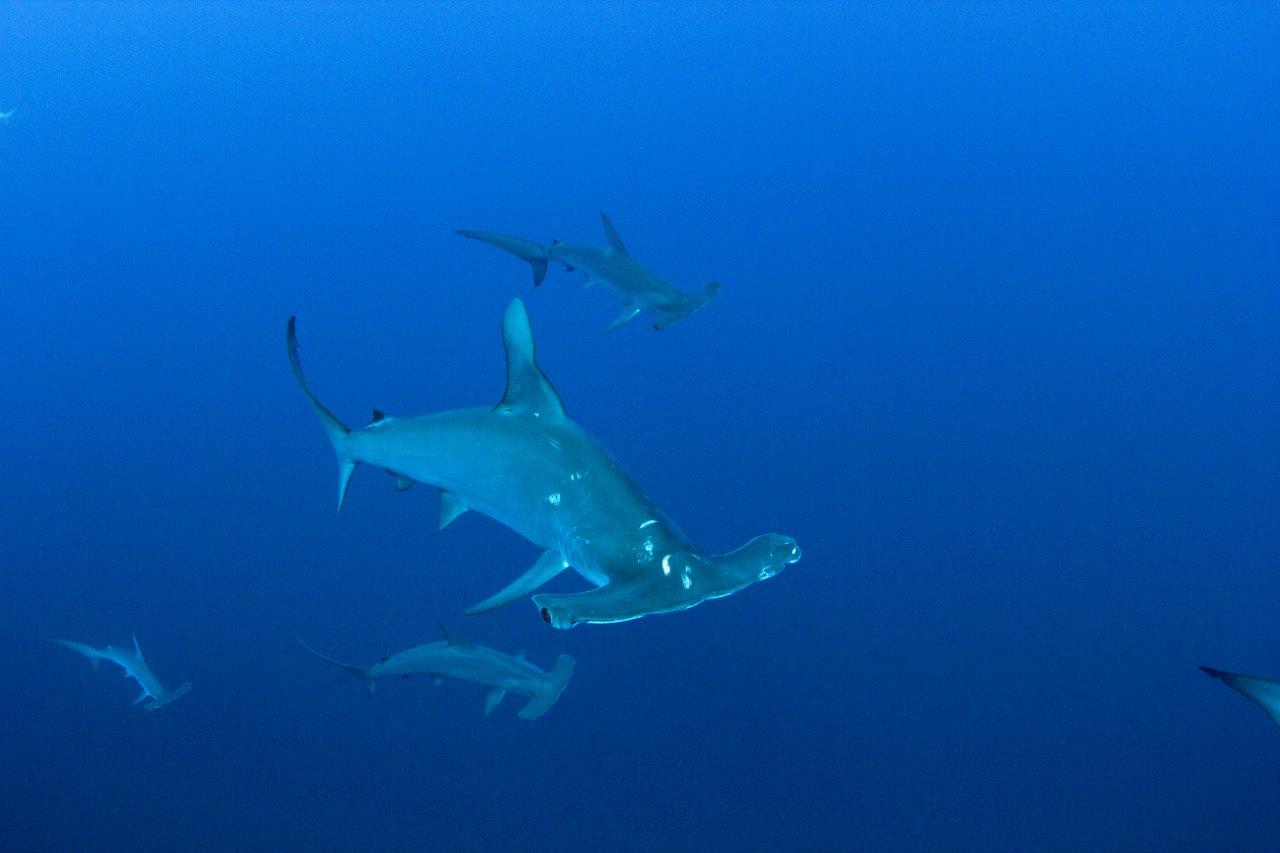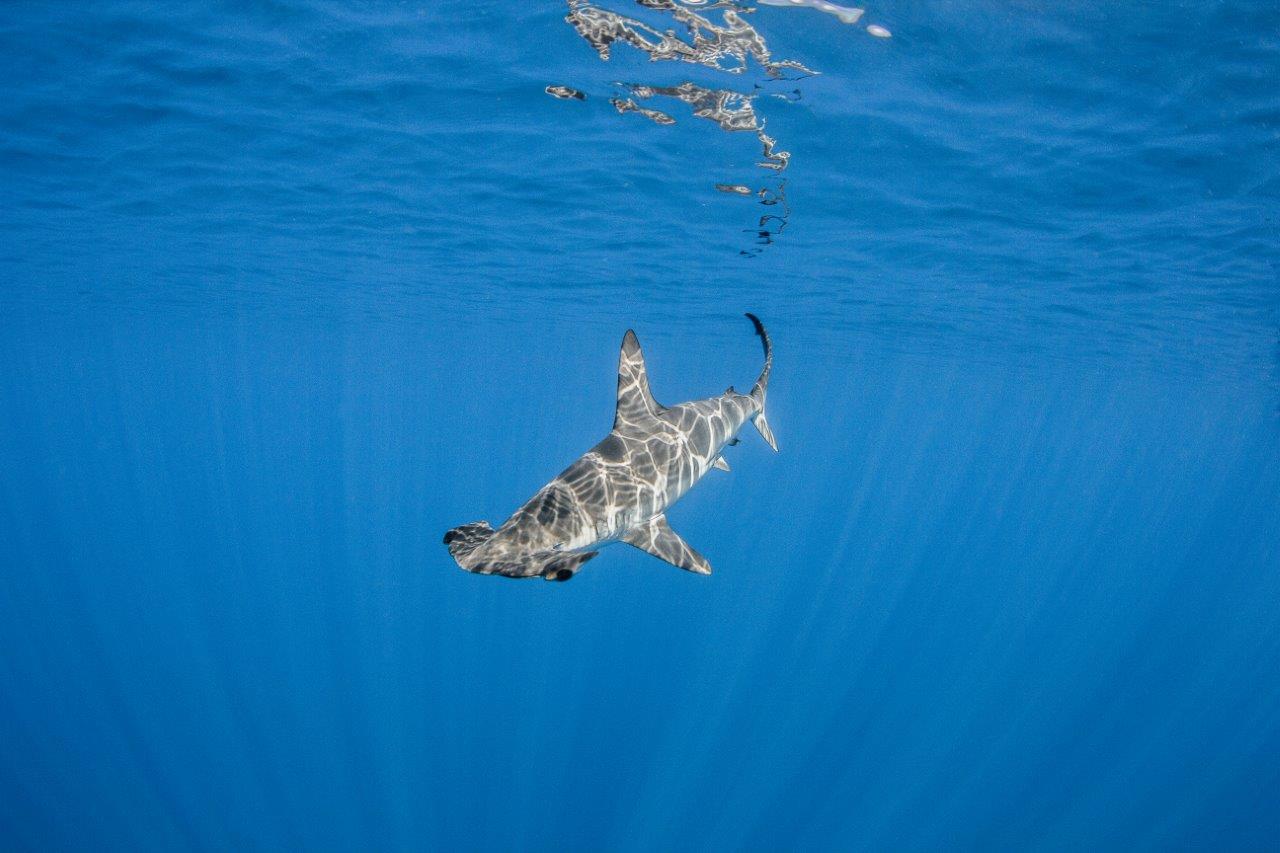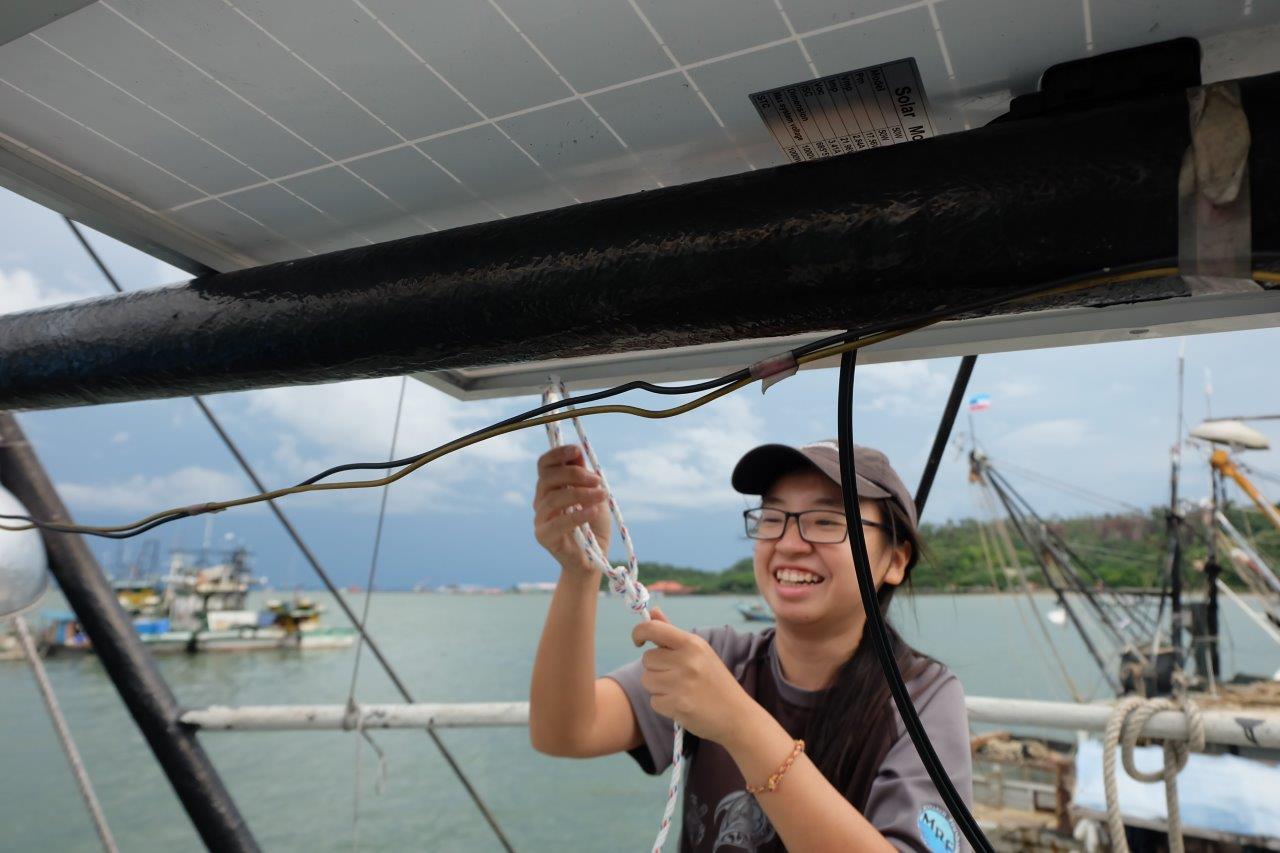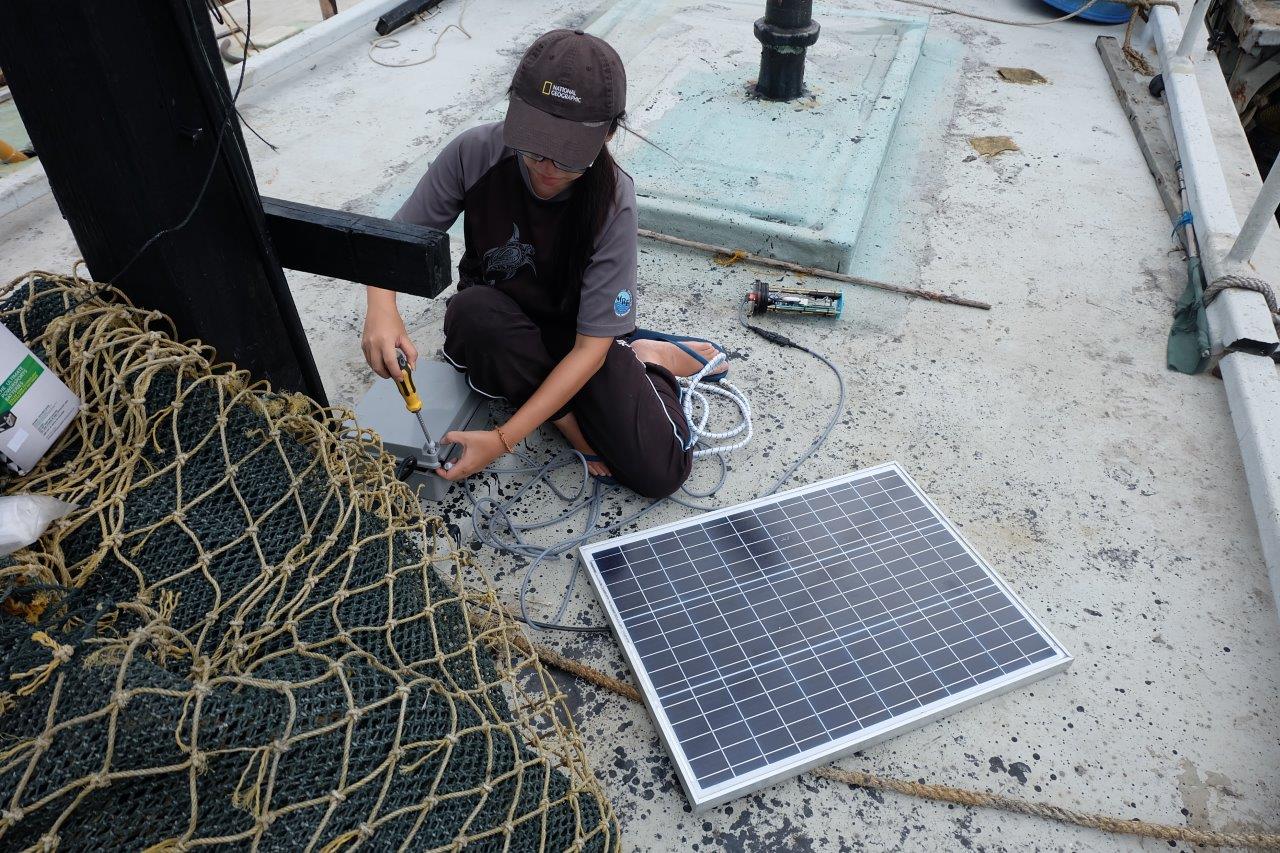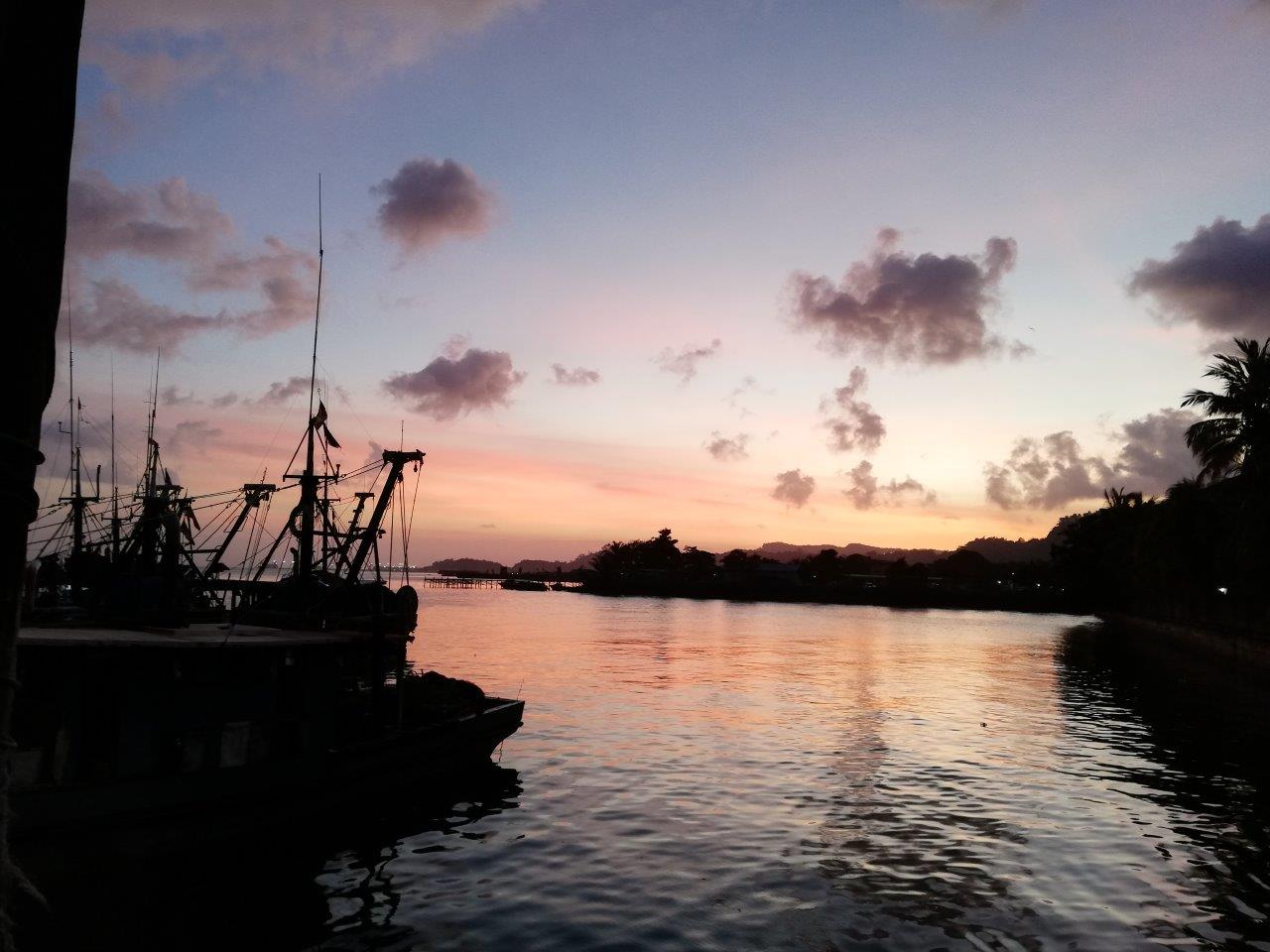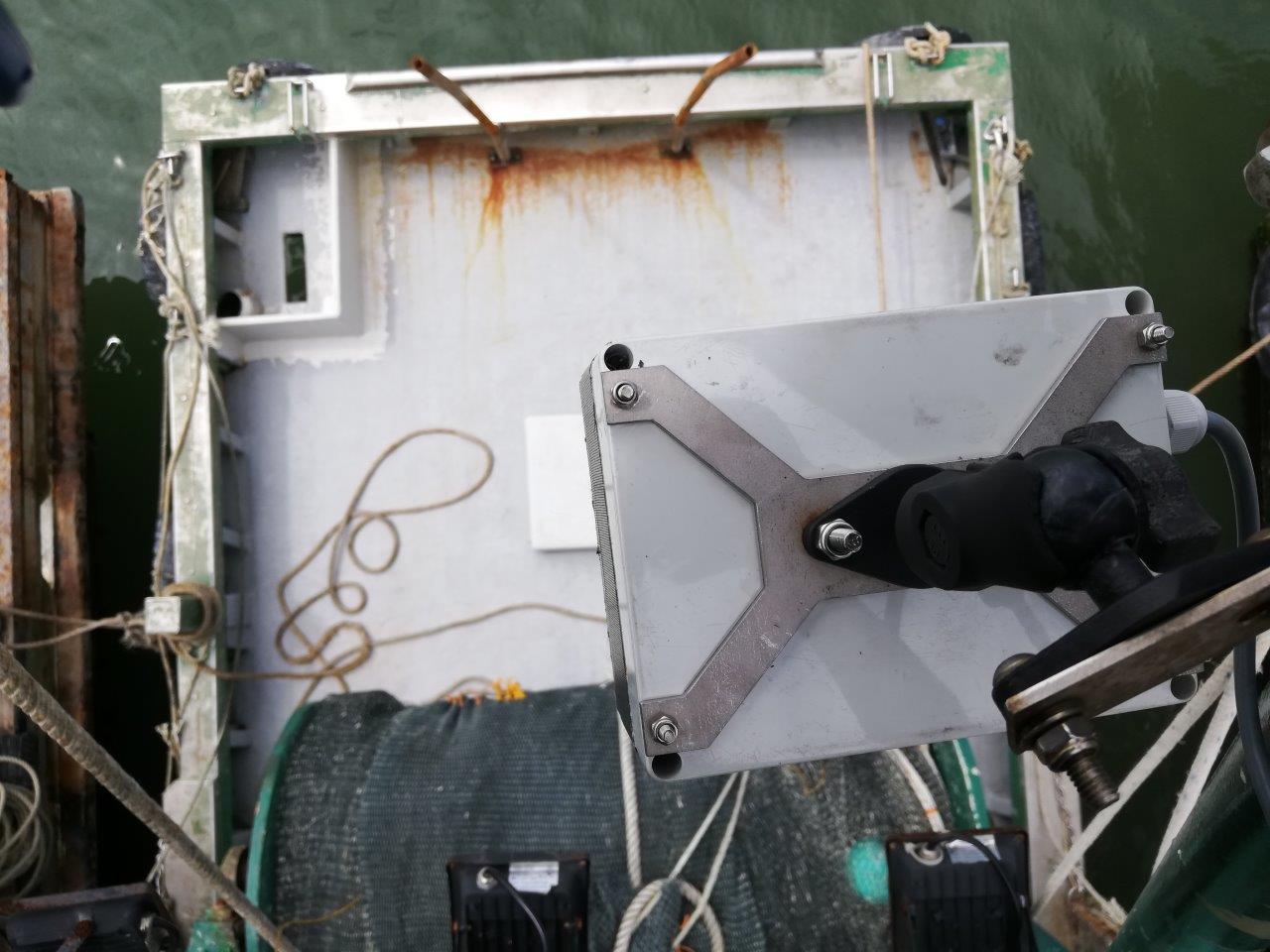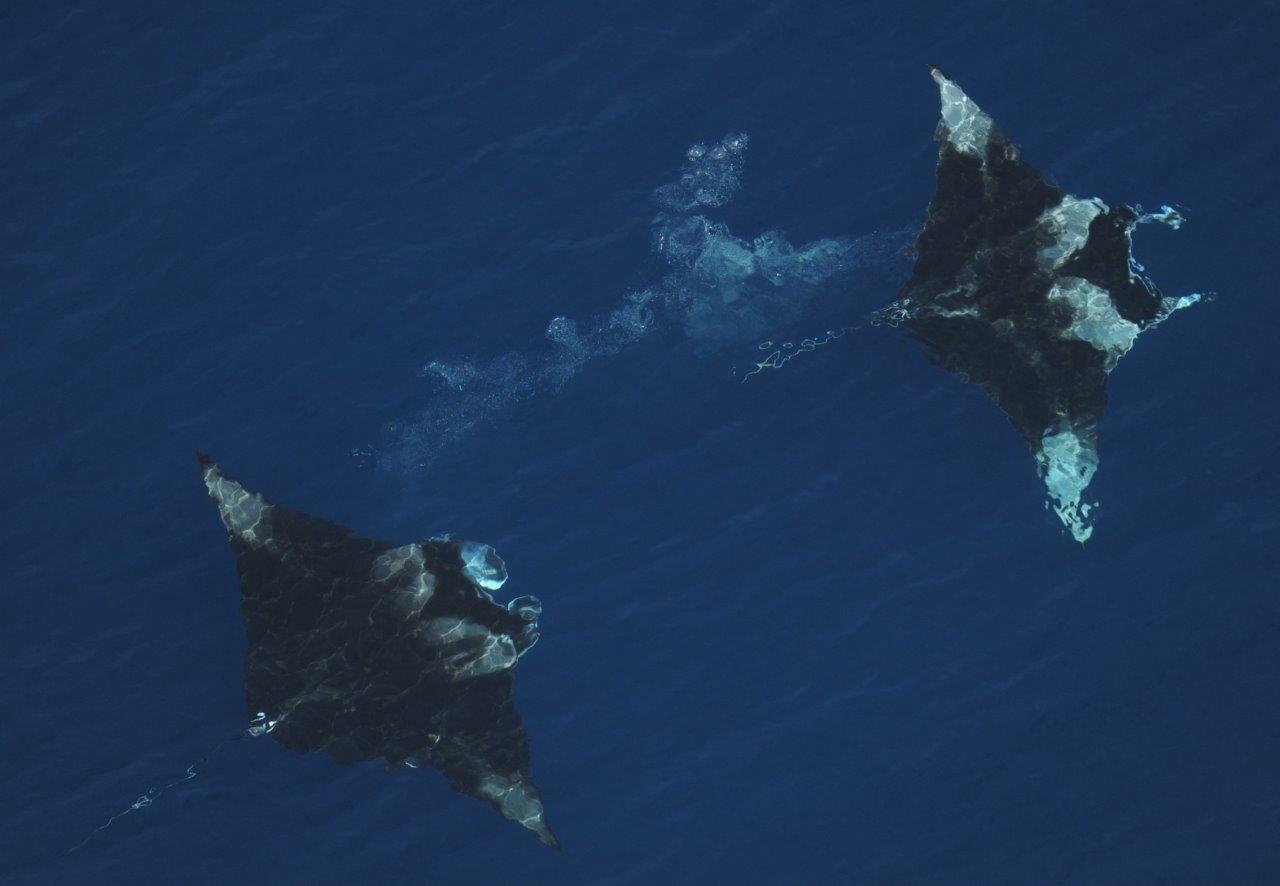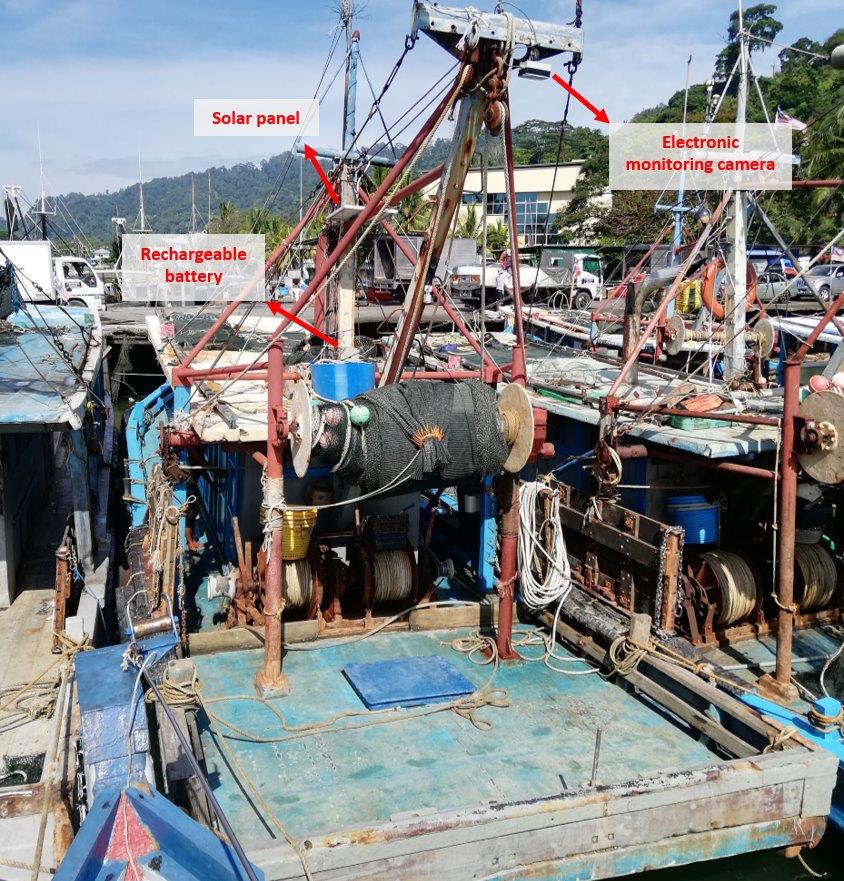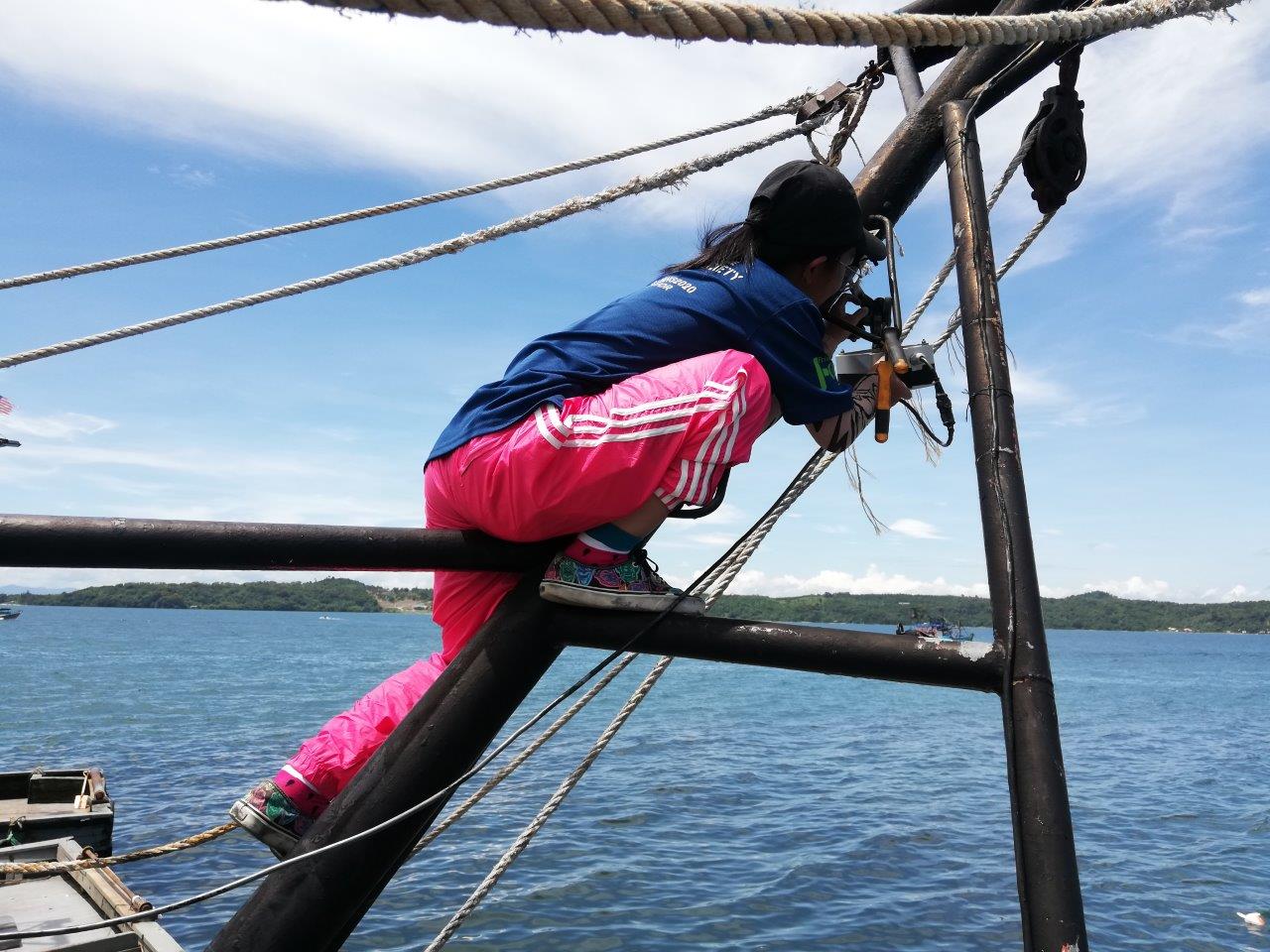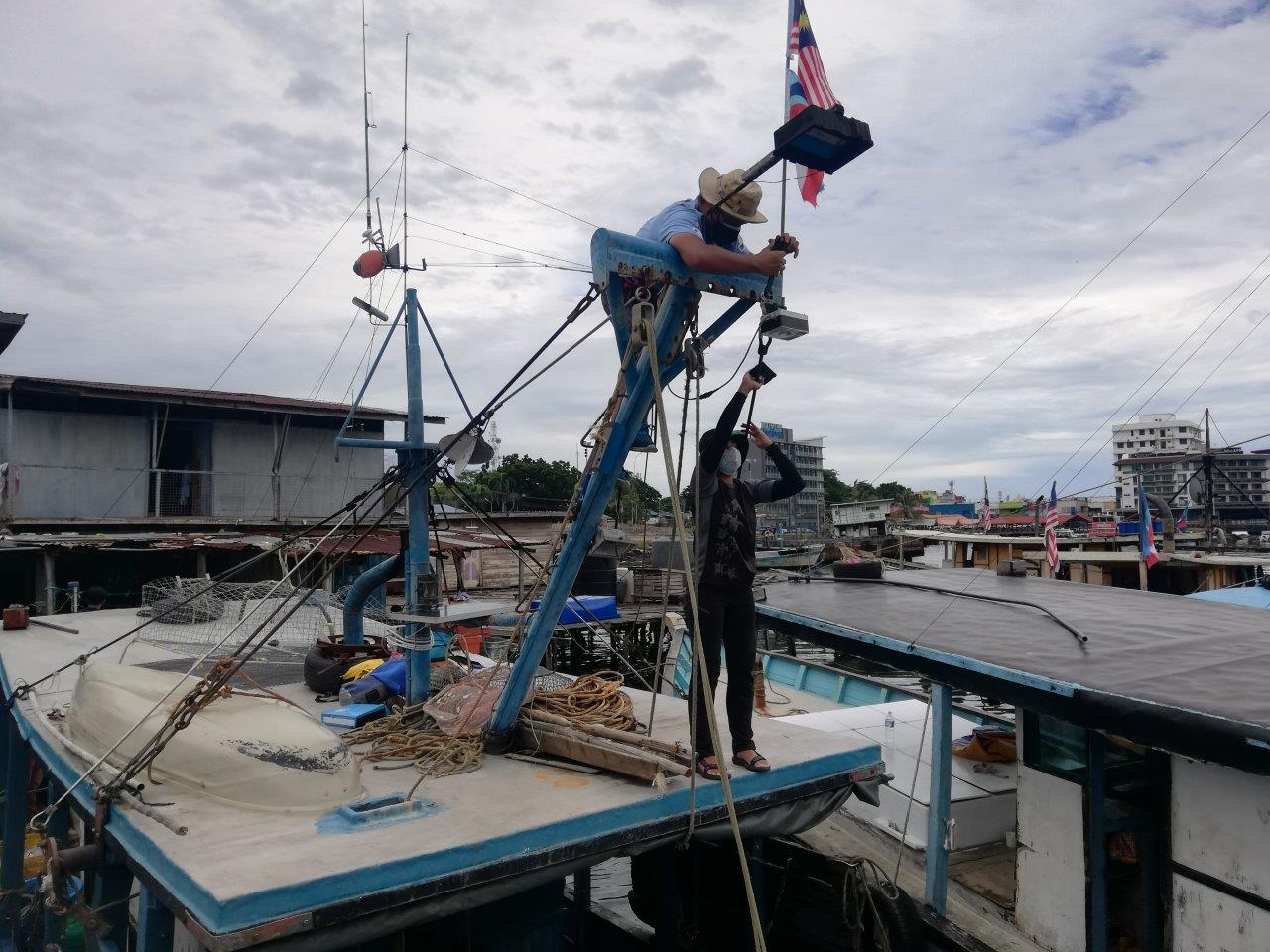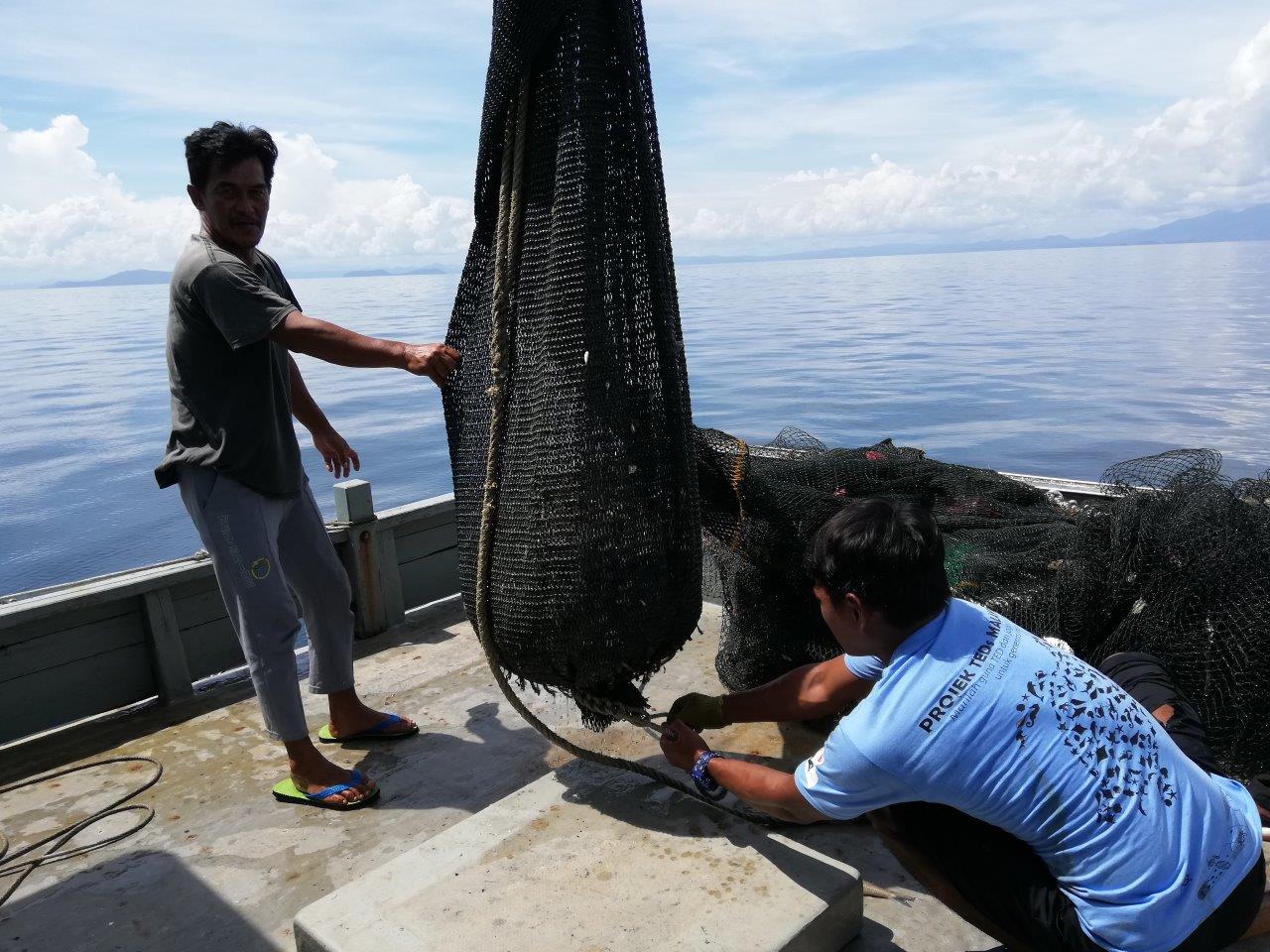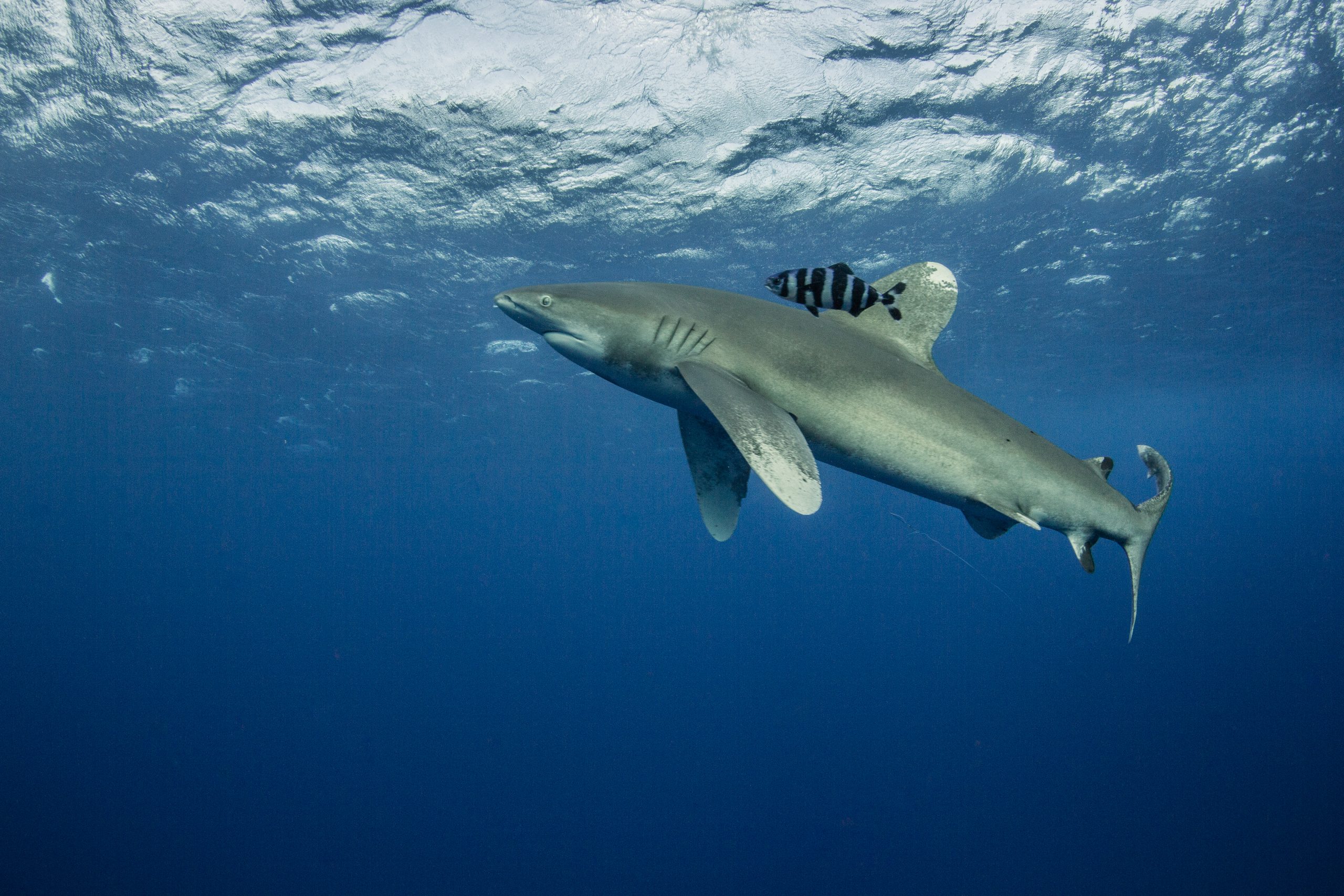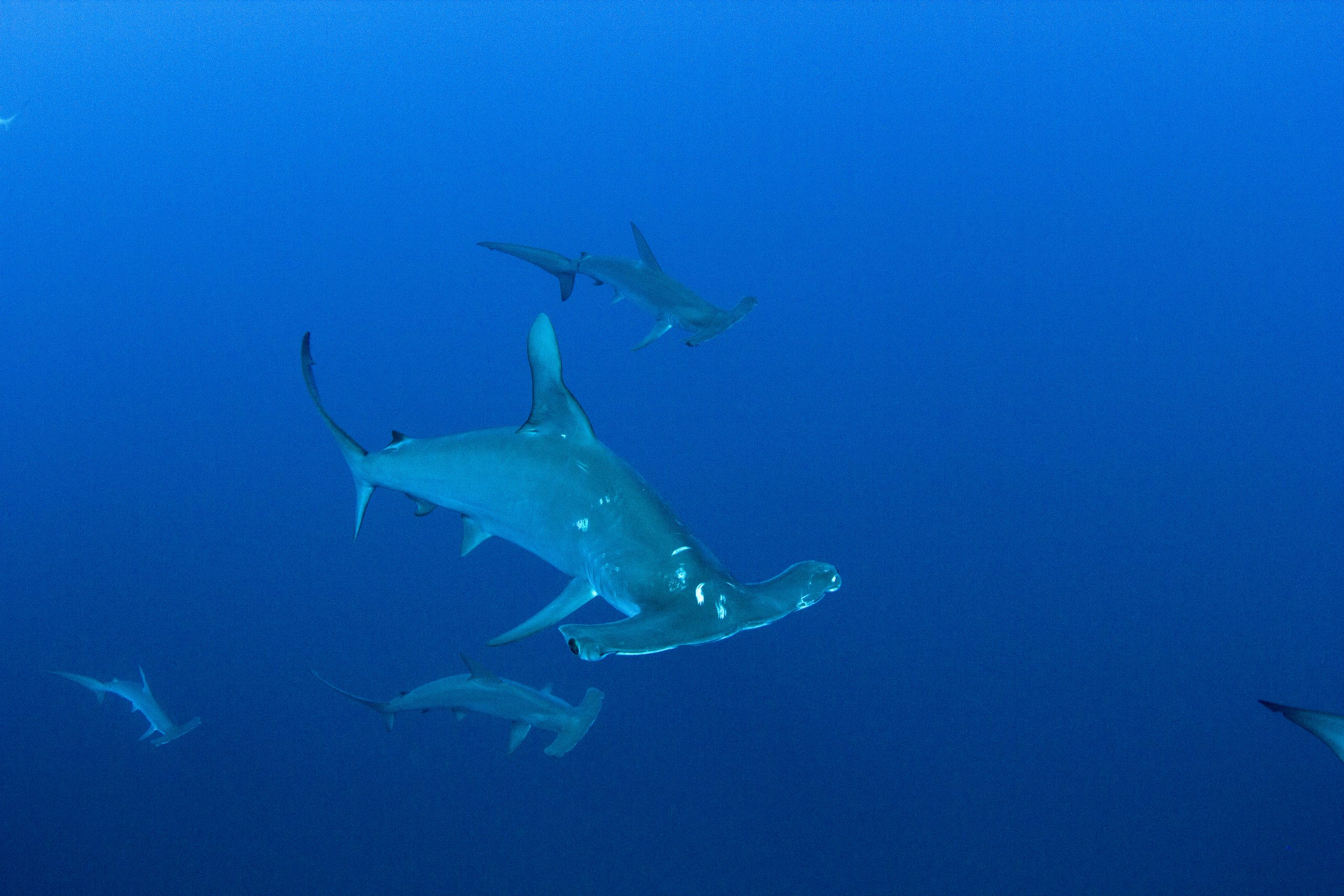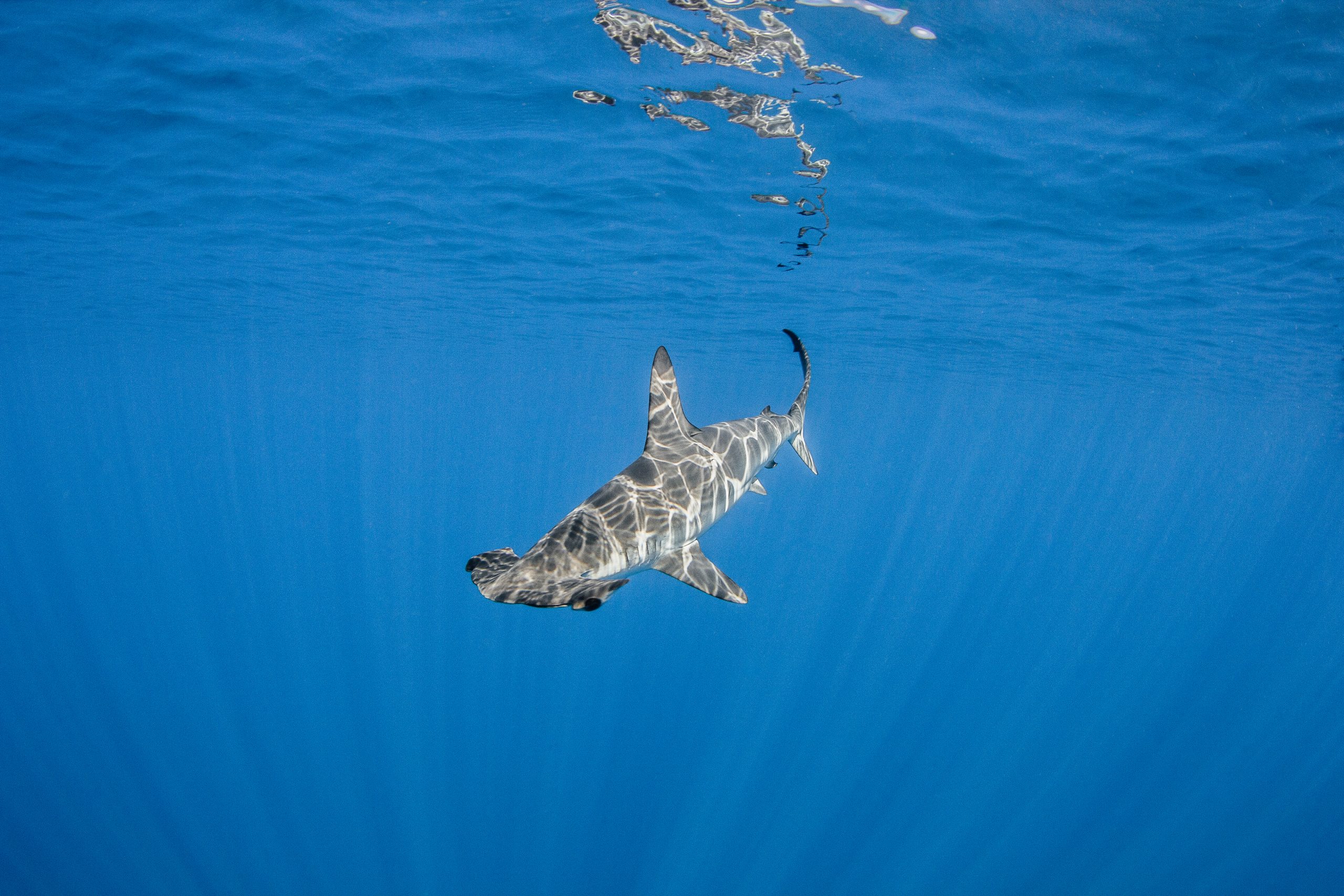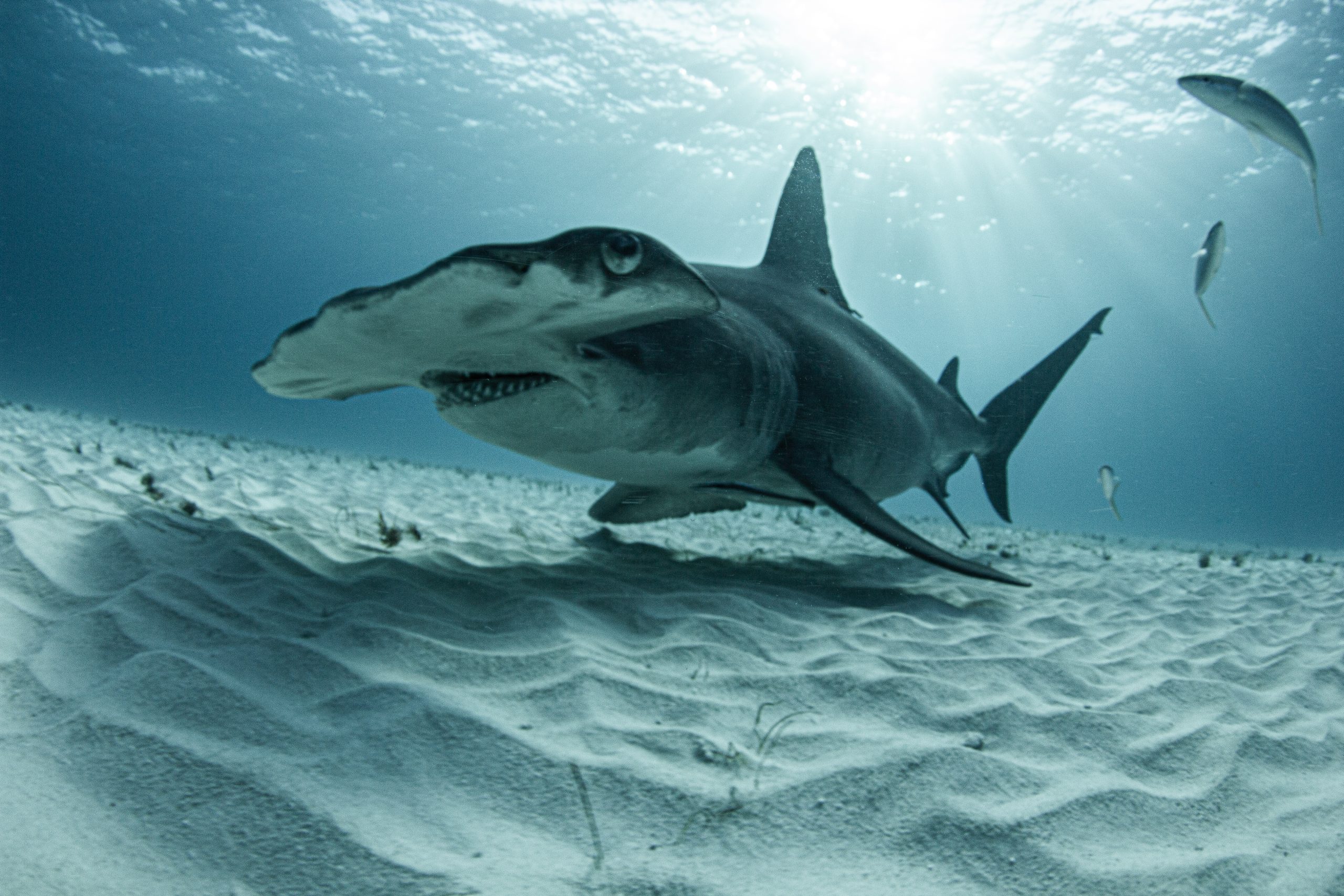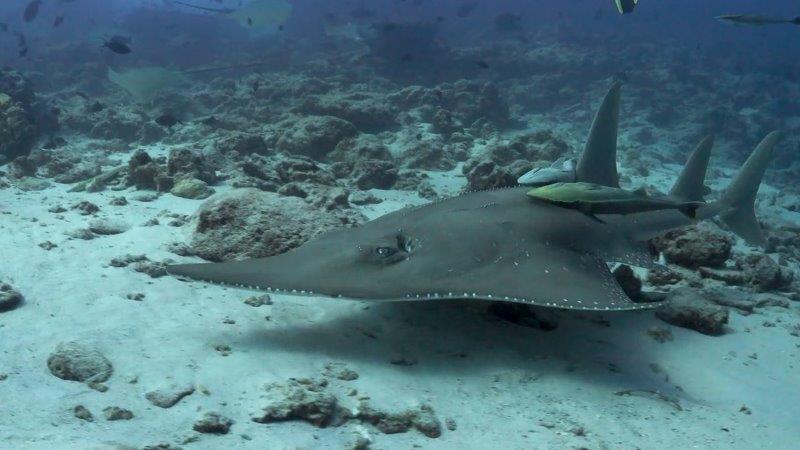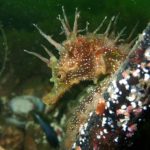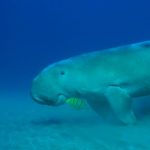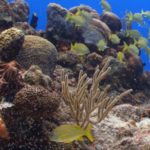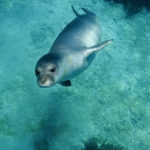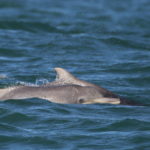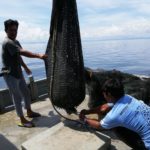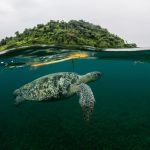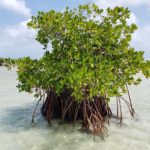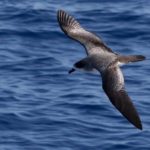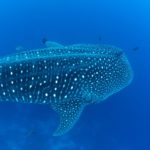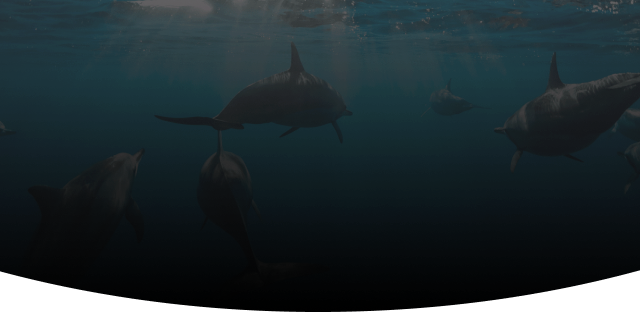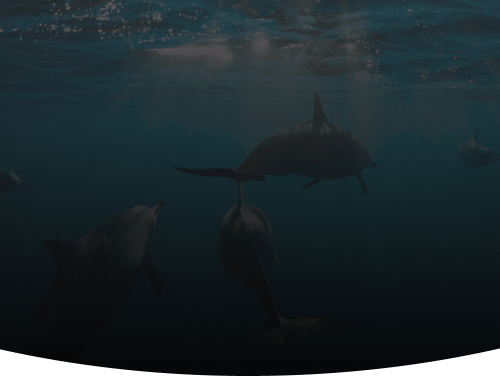Take Action
SharkCam is a project focused on shark and ray conservation in Sabah, Malaysia. Their goal is to use low cost, home-built time lapse cameras to inform on when and where bycatch occurs. Armed with this information, they can work with the government to protect important habitats for endangered species without negatively affecting the local community, who are dependent on fishing for their livelihood.
What are we fundraising for?
•New cameras for other boats.
•Fieldwork costs.
Why:
•More boats and areas will be monitored
•More robust data to inform policy makers on conservation needs of sharks and rays.
Goal: €12.667,00
Donate nowSea the Work
Project budget
Yearly budget: € 24.262,00
Budget secured: 47%
11%
Workforce
1%
Operational
1%
Awareness & Outreach
87%
Fieldwork
Deep dive
Malaysia’s waters provide important habitat for globally important populations of sharks and rays with at least 147 species of sharks and rays. Bycatch is the term used to describe the accidental capture of species in regular fishing activities. It is considered one of the largest threats to shark and ray conservation globally. Drastic population declines and changes in species composition have raised concerns regarding ecosystem health. Apart from a handful of marine parks, there are currently no management programs to address conservation of these species in Malaysia.
SharkCam is a project that was established by Dr. Nicolas Pilcher, founder of the Marine Research Foundation (MRF), in Sabah in 2019. The initial focus was to investigate the incidence of bycatch on trawler fishing boats however Ho Kooi Chee (KC), a young Malaysian marine biologist, has now expanded the work onto purse seine fishing vessels. Although this type of fishing boat has the largest regulated fishing range and ranks 2nd in yearly catch rates, it still lacks any official record on bycatch rates. KC now also trains other young marine biologists to help on the project, and expand her fieldwork reach and data analysis power.
The project’s first challenge lies in knowing the extent of bycatch by commercial vessels, and specifically, where and when endangered sharks and rays are captured accidentally. The MRF team collects their data by placing home-made time-lapse cameras onboard fishing boats and recording information on location and timing of the different sharks and rays caught in the nets. The next challenge is to use this data to develop a management plan that will protect these endangered species without compromising the livelihood of Malaysian fishermen. This could include some form of spatial-temporal area management strategically avoiding fishing activities in specific places at specific times, or some form of gear restriction.
This current project’s goal is to strengthen the value of MRF’s data by expanding the reach of their efforts in bycatch monitoring and to disseminate results to the relevant policy makers.
